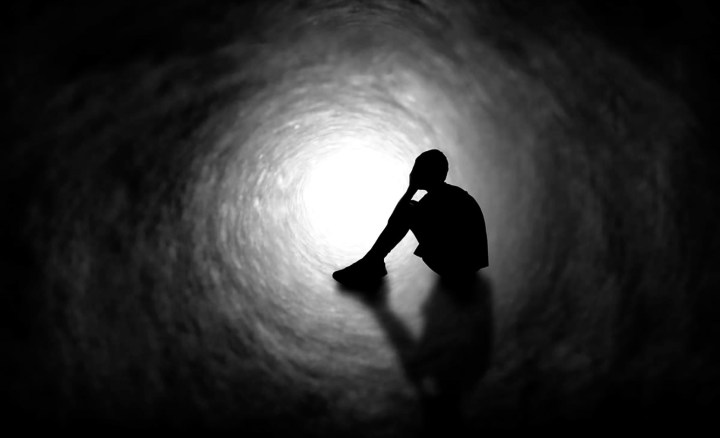CHILD GAUGE 2021/22
Mental wellbeing of children ‘should be linked with every other socioeconomic right’ – report

A new report says mental health should be a socioeconomic right as 10% to 20% of South African children will develop a mental disorder and/or a neurodevelopmental disability.
The Children’s Institute recently released its 2021/2022 Child Gauge report, which was authored by Mark Tomlinson, a professor of psychology at Stellenbosch University, education specialist Lori Lake and Sharon Kleintjes, a professor in the Department of Psychiatry and Mental Health at UCT.
The report’s main focus is on child and adolescent mental health, and how early-life experiences of adversity play out in children’s lives generationally. It calls on the government to put children at the centre of South Africa’s development policies.
The report says 10% to 20% of South African children will develop a mental disorder and/or a neurodevelopmental disability, and this is merely skimming the surface.
“The intergenerational impact of trauma, poverty and mental ill health forces us to take an incredibly long view of wellbeing,” says the report.
The report is divided into three parts.
Part One is Children and Law Reform, which discusses children and the National Health Insurance, draft admission policy for ordinary public schools, the Births and Deaths Registration Act and the Firearms Control Amendment Bill.
Part Two is Child and Adolescent Mental Health, which discusses:
- The social determinants of child and adolescent mental health;
- Biological, psychological and social development;
- Families;
- The role of educational institutions;
- Health services and systems for child and adolescent mental disorders;
- The digital world; and
- Violence.
Part Three is Children Count, which looks at child demographics, poverty, unemployment, social grants, children’s access to education and children’s access to housing.
The report makes the argument for a “whole-of-society, life-course approach that places children at the centre of all policies and programmes, coupled with a shift from short-term political expediency to making decisions today that will enable both our children and the planet to thrive in the future”.
“Due to historical neglect and underinvestment in mental health, there are serious gaps in prevention and care for children and adolescents in South Africa. These gaps often lead to gross human rights violations that rob children and adolescents of their quality of life and potential to build resilience,” said Advocate Bongani Majola, the chairperson of the South African Human Rights Commission, in the publication’s foreword.
According to Tomlinson: “The children of today are going to have to live with the consequences of our actions – and we have a window of opportunity to put in place solutions to support our next generation. These solutions need to extend beyond medical treatment and the healthcare system and require a whole-of-society approach to address the social and environmental drivers of ill health, and create supportive environments that enable children to thrive.”
Kleintjes said that: “Schools need to be capacitated to address discrimination and create more inclusive classrooms.
“These programmes should also support educators who also experience high levels of stress which may undermine their ability to build positive educator-child relationships.
“National government has already put a number of valuable policies and programmes in place to promote mental health.
“These include a focus on life skills in the curriculum, a national school safety framework to prevent violence, care and support for teaching and learning, and school health services. Implementation and coordination, however, remain a challenge, and greater efforts are needed to improve the physical and psychological health of the school, and to strengthen links to health services and other community resources.”
The issue of children’s mental health was also spotlighted recently at a Daily Maverick webinar hosted on the eve of Youth Day, in which Professor Petrus de Vries said: “For decades and centuries, people didn’t think children and adolescents have mental health disorders, and to an extent, the narrative continues.
“But the fact is that mental health disorders do not have a stipulated age range; they come at any time in one’s life. Also, in healthcare, there are limited funds set aside for mental health. If we look at adult health, mental health is usually at the bottom of the hierarchy and at the very, very bottom of that is children’s mental health.”
Last year, the Children’s Rights Institute developed and published a set of advocacy briefs, in collaboration with the Children’s Hospital Trust and the Michael & Susan Dell Foundation, spotlighting the impact of Covid-19 on children’s mental health and calling for the government to put children at the heart of South Africa’s Covid-19 response and recovery plans.
The Child Gauge report concludes: “It is important to ensure that children and adolescents are not only afforded access to healthcare but that an environment that actively supports their mental health is established. Mental wellbeing should thus be linked with every other socioeconomic right.” DM/MC





















 Become an Insider
Become an Insider
Comments - Please login in order to comment.